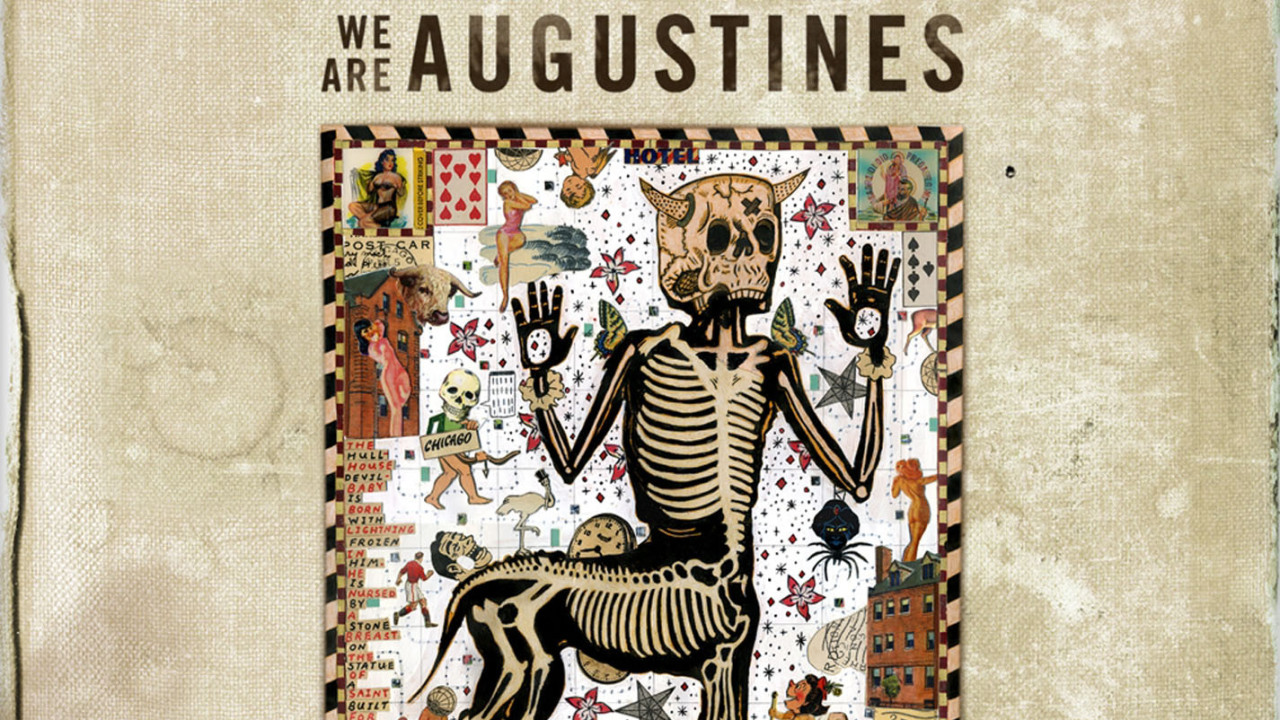In his early 20s, inspired by the songs and stories of Bob Dylan, Woody Guthrie and Jack Kerouac, Billy McCarthy rode Amtrak trains and Greyhound buses across the US in search of experience. In the company of the lonely, the beaten-down and the dispossessed, the easy-going Californian saw America stripped raw.
Not that the young singer-songwriter was in any need of education in the harsh realities of underclass life. Placed into care at age 10 by his mentally ill, substance-addicted mother, McCarthy and his schizoid younger brother James were shuttled between a succession of foster homes throughout their adolescence. When Billy was 19, the pair was informed that their mother had committed suicide.
Years later, while on the road, the elder McCarthy boy received further distressing news: his younger brother was abusing heroin and facing jail time for stabbing a homeless shelter worker. As Billy campaigned for his bro’s release, in 2009 James McCarthy too committed suicide.
It’s unsurprising then that so much of Rise Ye Sunken Ships should revolve around the hurt, frustration, desperation and despair percolating through Billy McCarthy’s recent past, and his fraught relationship with his brother in particular. What’s impressive is just how much hope he finds in the darkness.
Filled with tales of love and loss, broken hearts and broken homes, this album aches, and while McCarthy sounds close to tears at more than one point, his soulful bruised rasp sings of redemption not regret. ‘We’re gonna get you cleaned up James,’ he promises on Patton State Hospital; ‘We’re choking on the tears but this is not your fault,’ he sings on Philadelphia (The City Of Brotherly Love), defiant, angry and proud all at once.
Elsewhere, with nods towards Bruce Springsteen, Steve Earle, Townes Van Zandt and early Arcade Fire, McCarthy serves up beautifully delineated vignettes of those on the losing end of the American Dream – a jilted boyfriend (Chapel Song), a fugitive car thief (Headlong Into The Abyss), a fading bar-room philosopher (New Drink For The Old Drunk) – his empathy resonating from the first note to the last.
That Rise Ye Sunken Ships was passed over by every significant US record label promises to be a source of embarrassment to the industry for years to come, for wholly believable, hugely engaging, artifice-free and genuinely moving, We Are Augustines’ debut has all the hallmarks of an American classic.

